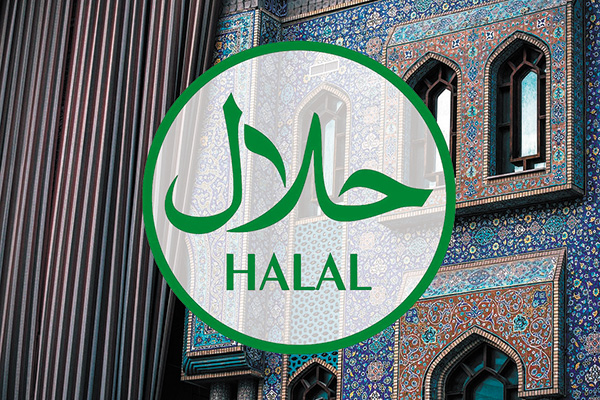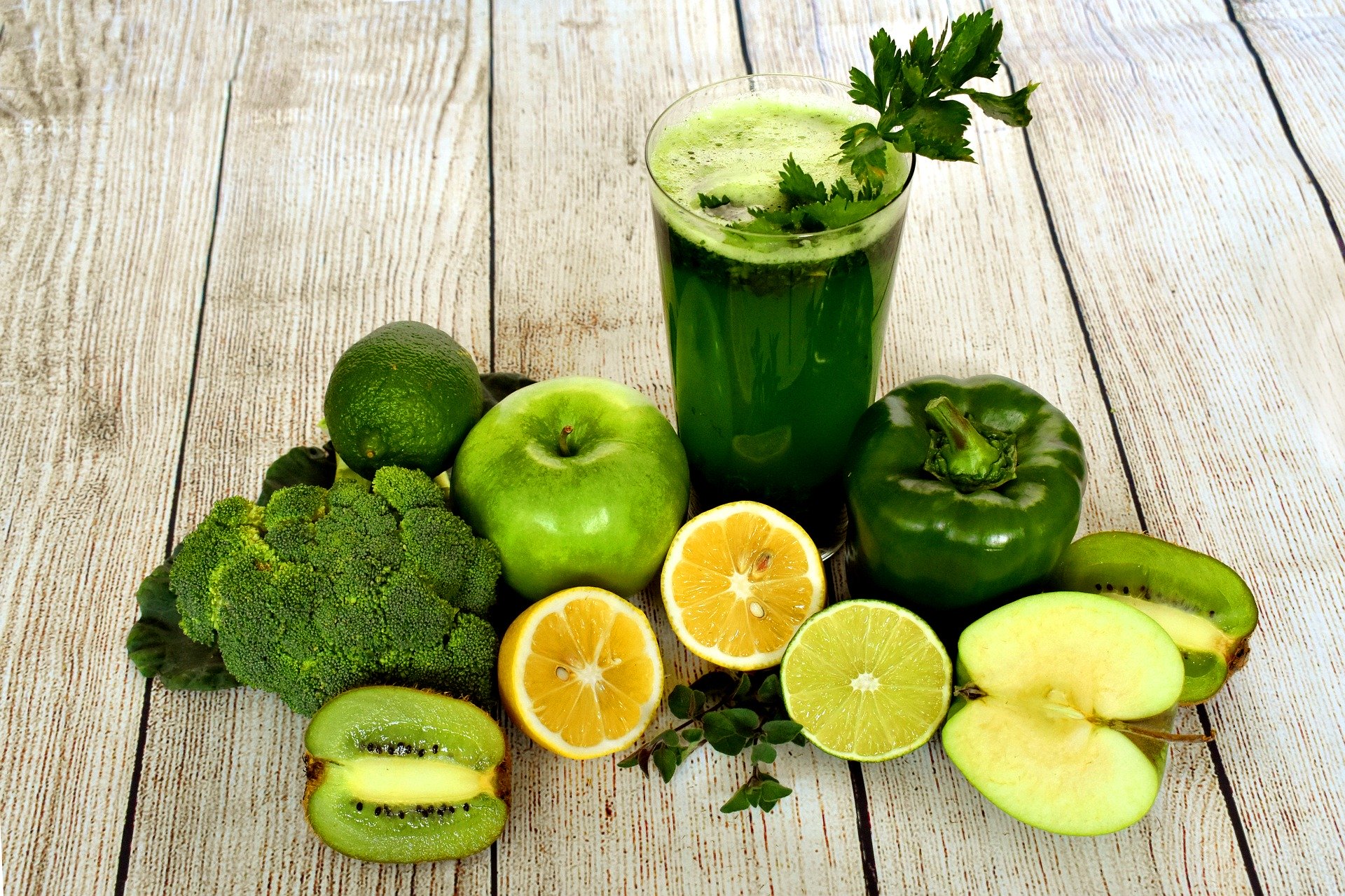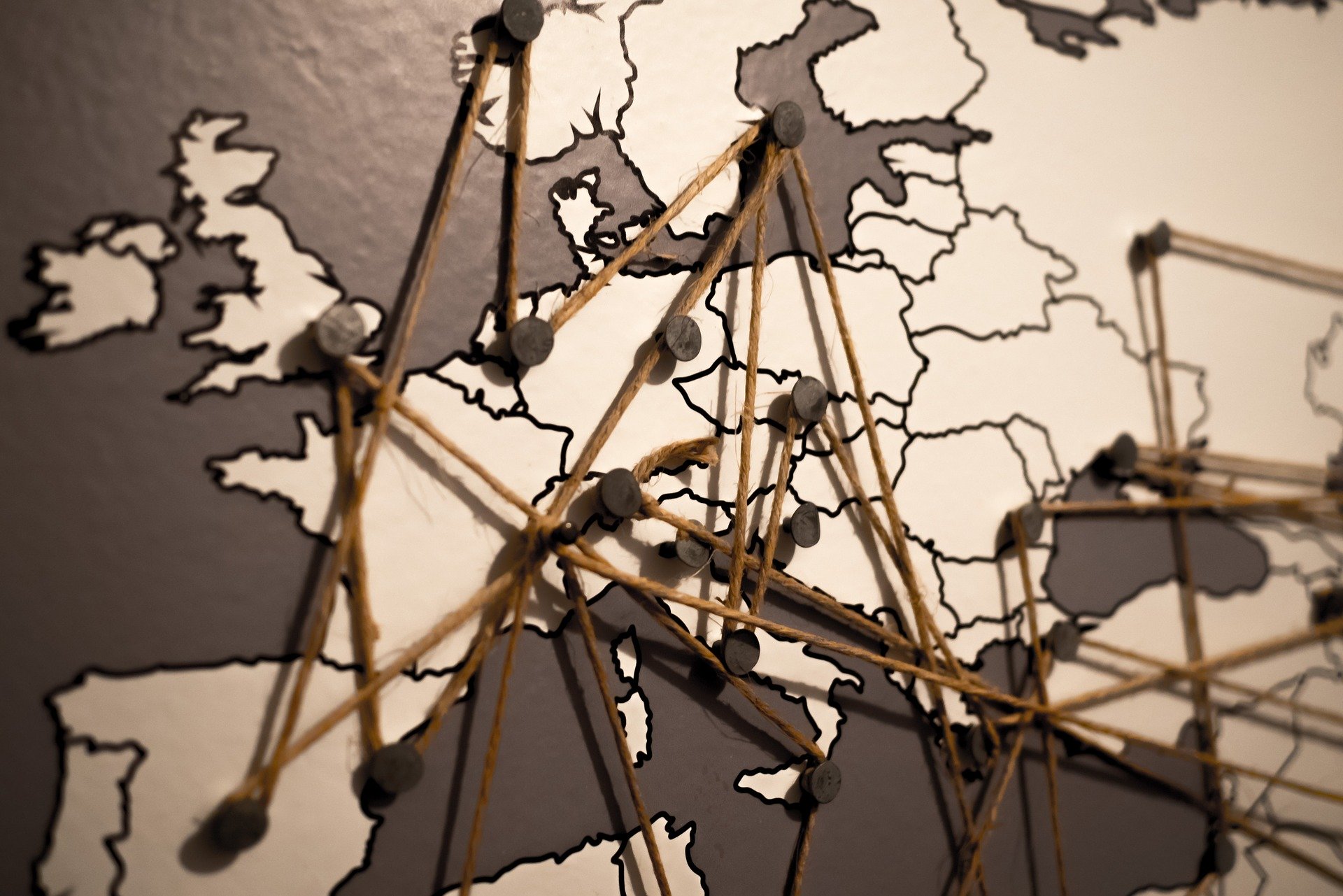Understanding the Halal Market

What does HALAL mean?
Halal is an Arabic word that translates to “permissible” in English. To better grasp the importance of the halal market and its opportunities, first you need to fully understand what halal means.
When you think of halal, the first thing that comes to mind for most is that halal is about meat, and about food and drink products in general. Saeeda Ahmad gave us a great definition of what exactly is halal (see full video on the side):
“It’s a whole ecosystem of ethical values that are common to businesses and societies. It’s making sure you eat healthy, clean, non-toxic products, and that you are not having a lifestyle that is going to harm you. The halal economy is meant to be value-based. It’s making sure you respect everything around you: the environment, animal welfare, sustainability, workers & suppliers rights, etc. It has many different facets and opportunities.”
This definition tells us a lot of what halal englobes. It includes every sector you can think of: from the most obvious, food and beverages, to sectors like fashion, cosmetics, tourism and even fertiliser. It also includes everything related to a respectful, healthy lifestyle. A great example of this is the concept of halal holidays, which gathers all aspects of “halal” into one experience. A halal holiday is an experience where everything is tailored to respect Islamic Sharia Laws: having restaurants and hotels with only halal food, no alcohol served anywhere, hotels with prayer rooms, beaches and pool exclusive to women, etc.
When you fully understand this concept, you realise that if your business complies with Islamic requirements, you open the doors to many and diverse opportunities all over the world.
HALAL Certification
A Halal certificate is a document that guarantees that your product or service complies with the Islamic Law and are suitable for consumption in Muslim countries. It is mostly required for food products such as meat, milk or canned food. For meat products, having the certification means that the production respects the different steps required to be Halal such as slaughter with a single cut or the meat hasn’t been in contact with pork.
If you want to get your halal certificate, it is worth considering who you decide to utilise for your accreditation. You need to take the necessary steps to make sure they are the appropriate body for your target market.
The Benefits of Halal Certification
Having a halal certificate increases the reach of your product or service, meaning that you can target over 50 million consumers in Europe and around 1.9 billion worldwide.
It will also be helpful to meet the specific requirements of some markets, where you can’t sell specific products without a certificate.
When you produce ingredients aimed at other producers, having a halal certification for that specific ingredient means that it will be much easier for the other producer to obtain the halal certification.
Once you have the halal certification from a certified body of which there are many available, you can, if you wish, add the halal logo to your product and packaging. It’s not a prerequisite and often, being able to produce the certificate is the most important thing, but if you did wish to put it on the product you can do.
Export Opportunities in the HALAL Market?
Health and Wellness
As mentioned previously, Halal is linked to ethics, sustainable and healthy living. Thus, organic, healthy, vegan, better for you products will perform very well within the Muslim consumer base.

Rising demand for Halal products in Southeast Asia

If you are looking for a specific region to target, then SouthEast Asia might be worth looking into. The region is full of growing and developing economies, resulting in an increased demand for halal products among their Muslim population. This demand is especially true for packaged food, which saw a substantial growth over the period 2015-2019 of around 7% YOY, nicely above the global average rate of around 4%.
It is also worth mentioning that in the region, rising awareness of trends, benefits of healthier options, rising income and more education brings a lot of potential and opportunities in the region.
China
China has a big Muslim community, with around 26 million Muslims, with the majority living in Northwest China, but is also starting to develop in neighbouring regions. This is mostly a young community, who is aware of the new trends and healthy living. This will most likely help boost the sales of halal food in the region.
The demand for halal products in China comes from the Muslims, but not only. Halal food is seen as a safer option among many Chinese people, being healthier and more hygienic than other traditional, branded products. It is becoming more and more true especially after the many food safety scandals happening recently.
The halal industry in China is having difficulty developing, especially regionally from the lack of qualified staff and having financing difficulties. This, while being a challenge locally, can benefit greatly companies willing to export their halal products to China, as the demand is definitely there and increasing.

Europe

Europe is also a major hub for halal opportunities. Indeed, the Muslim population is constantly growing, and so is the demand for halal products. The halal sector has become one of the fastest growing food categories. The size of the market is estimated to be between €40 and €100 billion. The opportunities are therefore definitely there.
The demand for halal products comes from the growing Muslim population. They are the first target when it comes to marketing halal products. The rest of the population is still slightly resilient towards halal food but is slowly embracing the possibilities. The development of halal holidays has also helped to boost the sales and demand for halal options.
Sources: Euromonitor & Bolst Global Partners
If you would like to discuss halal certification further for your products and want to find out more, get in touch with us.
